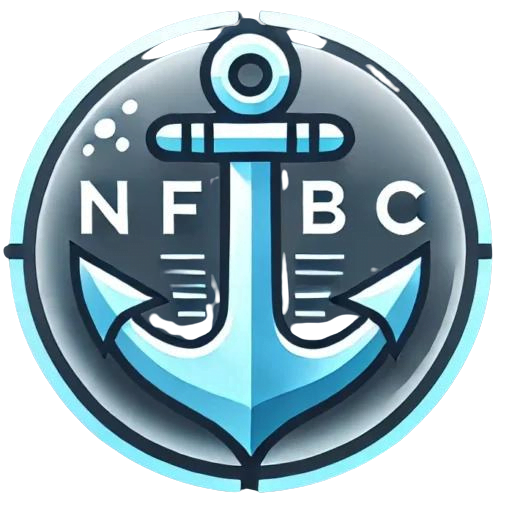One of the most important aspects of boat ownership is finding a reliable and qualified mechanic. Your boat is a significant investment, and whether you need routine maintenance or major repairs, having a skilled professional you can trust ensures your boat stays in top shape. Here’s a comprehensive guide to help you choose the right boat mechanic.
How to Tell if a Mechanic is Qualified
Certifications and training are key indicators of a qualified mechanic. Look for credentials from organizations like the American Boat and Yacht Council (ABYC) or manufacturer-specific training for brands such as Yamaha, Mercury, or Volvo Penta. These certifications show that the mechanic has undergone the required training and meets industry standards for quality.
Equally important is experience. Not all boats are the same, and it’s essential to verify that the shop or mechanic has worked on your style of boat or engine. For example, a mechanic experienced with outboards might not be the best fit for inboard engines or sailboats. Always ask about their familiarity with your boat’s make and model to ensure they can handle the job.
Assessing a Boat Mechanic’s Reputation
A mechanic’s reputation can give you a clear picture of their reliability and quality of work. Online reviews on platforms like Google Reviews and Yelp can provide a starting point. For boating-specific feedback, forums like Hull Truth and Reddit are excellent resources to learn about other boaters’ experiences.
That said, the best way to find a trustworthy mechanic is through word of mouth. Talk to fellow boaters at your marina or dock. If they have the same type of boat or engine, their recommendations are particularly valuable. Boaters are often eager to share their experiences, so don’t hesitate to ask around. A mechanic who consistently receives praise from local boaters is likely a good choice.
Other Factors to Consider
Location plays a big role in choosing a mechanic. A shop that’s close to your home or marina saves time and effort, especially for routine maintenance. Alternatively, mobile mechanics who come to you instead of you going to them are increasingly more popular. This is especially helpful if you store your boat at home.
Turnaround time is another important consideration. Ask about the mechanic’s current workload and how long it will take to complete the job. Some shops may have a backlog during peak boating season, while others might be waiting on parts that could delay repairs. A good mechanic should provide a realistic timeline upfront.
Questions to Ask a Boat Mechanic
To make an informed decision, prepare a list of questions before hiring a mechanic. Here are a few key ones to start with:
- Are you certified to work on my boat? This confirms whether they have the necessary training or experience for your specific boat type.
- What is your policy on warranties for parts and labor? A warranty provides peace of mind and shows the mechanic stands behind their work.
- Do you offer mobile services, or will I need to bring my boat to your shop? This can be a deciding factor if you value convenience.
Additionally, ask for a written estimate to avoid surprises. A good mechanic will be upfront about costs and explain what’s included in the service.
Red Flags to Watch Out For
There are several warning signs to be mindful of when choosing a boat mechanic. First, avoid mechanics who cannot provide proof of certifications or training. A lack of qualifications could mean they’re not up to industry standards.
Unclear pricing is another red flag. If a mechanic is unwilling to provide a written estimate or avoids discussing costs, proceed with caution. You don’t want to be caught off guard by unexpected charges.
Poor communication is a dealbreaker. A reliable mechanic should explain the problem and solution in clear, understandable terms. If they brush off your questions or fail to keep you informed, it’s a sign they may not prioritize customer satisfaction.
Consistently bad reviews or unresolved complaints online are also major concerns. If a mechanic has a pattern of negative feedback, it’s best to look elsewhere.
Final Thoughts
Choosing the right boat mechanic ensures your boat stays safe and reliable on the water. By focusing on qualifications, reputation, and convenience, you can find a mechanic who meets your needs. Take the time to ask questions, verify certifications, and speak to other boaters.
